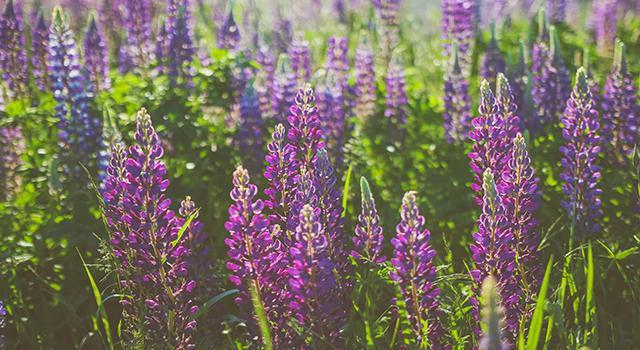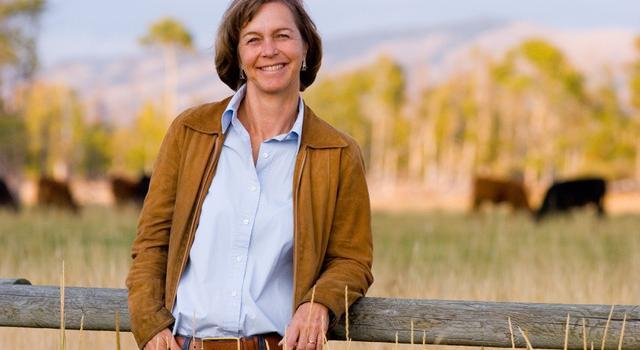Agricultural Studies and Rural Life
Students interested in agriculture studies at Hampshire College can take part in a diverse academic curriculum including practical experience at the Hampshire College Farm Center, an organic working farm, and workshops with visiting writers, artists, and scholars. Students gain experience with the complex issues of sustainability through internships and apprenticeships with farms and advocacy groups.
Sample Student Project Titles
- Industrial Agriculture in Spanish Lookout, Belize
- Practices in Integrated Pest Management
- Agriculture, the State, and the NGO in Egypt
- Nitrogen Cycling in Organic Agricultural Systems
- Cooperative Extension and Progressive Change in U.S. Agriculture
- You Are Where You Eat: Pedagogy for an Eco-Justice, Health-Oriented Sense of Place
- Under the Canopy: Investigating the Effects of Arsenic on a Microbial Population Under Anaerobic Conditions in a Collection of Flooded Soils From an Atkins Farm Apple Orchard
- Micronutrient Foliar Fertilization of Aquaponic Basil: The role of Fe and other metals in foliar fertilization at Bioshelters, Inc.
- Wetland Biogeochemistry and Climate Change
- Agriculture Research and Management: Studies in Disease Control and Management Paradigms
Sample First-Year Course
Ecology, Agriculture, and Society
This course looks at agriculture as a set of ecological systems and issues. It refers to ecology in both the sense of interactions between organisms (e.g., crops, pests, and predators) and their environment, and in the larger scale sense of environmental impacts and related social and political issues. A broad range of topics will be covered, including pesticides and alternatives; soil fertility and erosion; the role of animals; genetically modified crops; biofuels; global vs. local; and more.
The course work will consist of readings; discussion; written assignments (with revisions as needed); work at the Hampshire farm; group and independent projects; guest lectures and films; and field trips. Given the field work, always be prepared to walk and be outside (e.g., sunscreen/rain gear, sensible shoes). Some field work may include other times and days to be arranged in class.
Sample Courses at Hampshire
- Advanced Topics in Terrestrial Ecology
- Agriculture, Ecology, and Society
- Agriculture, Food, and Human Health
- Biomass Energy
- Change in the Valley
- Colloquy on Sustainable Living
- The Contested American Countryside
- Ecology of New England Old Growth Forests
- Farming in America
- From Generation to Generation:
- Seed-Saving in Sustainable Agriculture
- Intro to American Studies
- Kitchen Ecology
- The Microbial Farm
- Pesticide Alternatives
- Seminar in Rural Studies
- Soil: Science and Society
- Sustainable Agriculture and Organic Farming
- Sustainable Agriculture: Local, Organic Food Production and the Urban/Ex- Urban Interface
- Sustainable Agriculture Seminar
- Sustainable Living
- The Unknown Microbial Majority
Through the Consortium
- Agroecology (MHC)
- Horticulture (SC)
- Plant Biology (SC)
- Plant Ecology (UMass)
- Soil Chemistry (UMass)
- Sustainable Agriculture (UMass)
- Tropical Agriculture (UMass)
Facilities and Resources
Farm Center
The Hampshire College Farm Center is a working farm, as well as a research, education, and outreach facility, dedicated to sustainable agriculture.
Created in the late seventies as an experimental project of the natural science faculty, the Farm Center continues to be a place where students and faculty integrate science and alternative technology as a means for testing sustainable methods of farming and researching insect pest management, animal behavior, food microbiology, and more.
Students and faculty develop research projects and take advantage of work study opportunities; students and local community members participate in workshops and buy meat, honey, eggs, and more through the farm, as well as organic vegetables through the Community Supported Agriculture (CSA) program; and local school children and teens learn about farming through the Farm and Garden Camp.
Cole Science Center
Students involved in the study of agriculture can also take advantage of the state-of-the-art open laboratories in Cole Science Center. Our agriculture, ecology, environmental science, and molecular biology labs help bridge the indoor and outdoor environments, where advanced students design and execute original research experiments to test out non-toxic methods of pest control or determine the most effective methods to encourage aerobic composting microbes.



